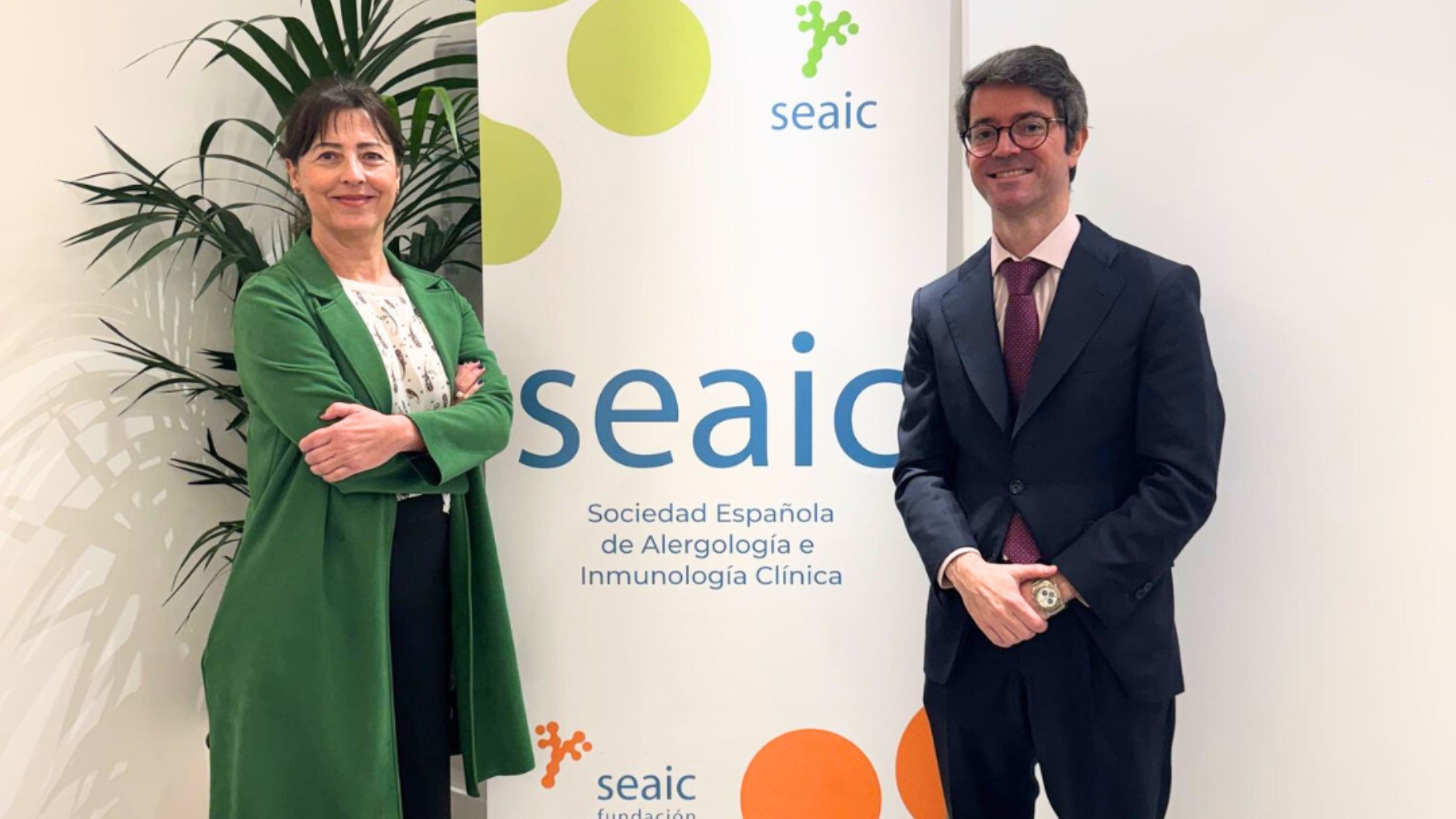The Spanish Society of Allergology and Clinical Immunology (Seaic) It provides that more than a third of the world’s population can present respiratory allergy in a few decades, constituting the pollens one of the most relevant awareness. In this context, the polenes of the grasses, olive trees, shadow banana and couples.
In The first quarter of the year The appearance of the first peaks of Cepresacea has been observed as every year, with unequal behavior, slightly advanced in places like Madrid and with some delay in other locations such as Grenade. On the other hand, the shadow banana pollen is being delayed by rainfall in full pollination, so it is expected that the rains be completed. This pollination will begin.
However, in order to determine the intensity of this year’s spring in the different geographical areas, the Seaic Clinical Aerobiology Committee has used the data of temperature, rainfall and humidity supplied by the State Meteorology Agency together with the historical data of grass polenes of the different stations of the Network of captors of the Spanish Society of Allergology and Clinical Immunology.
The resulting forecasts after the thorough analysis of the data indicate that the indices in the peninsular center promise to vary depending on their location. «Spring in the peninsular center will be variable in terms of concentration of grasses, oscillating between the less than 1,000 grains/m3 of Teruel, Zaragoza and Huesca, the more than 5,000 grains/m3 of Toledo and Ciudad Real and the more than 3,000 grains/m3 of Madrid, ”explains Dr. Juan José Zapata, president of the Seaic Clinical Aerobiology Committee.
«In Castilla y León, spring is expected moderate. Also, in some points of Castilla-La Manchalike Guadalajara and Albacete, it is expected to be mild. However, in Aragon, the prediction is that allergic ones have a mild spring, ”says the expert.
In summary, this year it is expected that, on the occasion of the high temperatures that have been recorded at the beginning of the year and the large amount of rainfall that has been in the months of February and March, the pollen remains more time in the environment: which can cause the symptoms of the allergy to be more persistent.
Climate change, pollution and allergy
The impact of climate change on allergic diseases is increasingly evident. Recent reports indicate that the increase in temperatures could cause an increase in pollen production and the number of pollen grains allergens, extending, in addition, the duration of Polynic stations. This phenomenon aggravates symptoms in allergic people and favors the emergence of new sensitizations in the general population.
Extreme meteorological phenomena, such as droughts, strong winds, calimas or thunderstorms, also play a key role in the dispersion of aeroallergens. Some studies have shown that thunderstorms, for example, can fragment pollen grains in microscopic particles that penetrate more easily into the airways, increasing the risk of serious asthmatic crises. «We are seeing how climate changes are generating a more hostile environment for allergic patients. Pollen seasons are not only longer, but the levels are higher, which aggravates the symptoms of allergic patients, ”explains the Dr. Darío Antolín, Vice President of the Seaic and member of the Allergy Working Group on Environment, Contamination and Climate Change.
On the other hand, air pollution aggravates the sensitivity to allergens and enhances its effects on respiratory health. A report by the World Health Organization (WHO) confirms that exposure to pollutants such as nitrogen dioxide (NO₂) and suspended particles (PM2.5) alters the protective barrier of the nasal mucosa, skin and ocular conjunctive, facilitating the penetration of pollen and others Aeroallergens. Also, after extreme climatic events, an increase in air pollution has been observed, which reinforces the negative impact on the health of people with allergies.
Allergology, a key specialty
In a context in which allergic diseases are increasing and have become more complex, the role of the allergology expert is unquestionable. As in other more recent specialties, the allergologist does not focus on an isolated organ, but also addresses allergic disease comprehensively. “He allergic patient has increased its complexity in recent decades, being currently due to its high frequency a public health problem, which requires a specialized and transversal approach, ”explains Dr. Arantza Vega, elected president of the Seaic.
Allergology training remains a pending subject in many medicine programs, and it is essential to increase the presence of allergologists in university teaching bodies. In this sense, the SEAIC has recently celebrated the incorporation of three allergologists in the Balearic Islands, which ends more than a decade of a constant work of the SEAIC and other parts to ensure that the public health of the Autonomous Community of the Balearic Islands has the specialty of allergologyattended by entitled allergologists. “Even so, it is still necessary to reinforce the presence of these specialists throughout the country to respond to the increase in the prevalence of allergic diseases,” he emphasizes.
Allergic patient profile
In recent years, the profile of the allergic patient has changed: it is increasingly polysensible, which complicates diagnosis and treatment. Precision medicine has revolutionized the Allergology By allowing a better patient phenotype and the development of personalized vaccines based on Molecular diagnosis “Thanks to innovation, today we can accurately identify the responsible allergen and administer specific immunotherapy, improving the quality of life of patients,” says the doctor.
And, in addition, the allergologist is the specialist who serves allergic patients from childhood to adulthood, allowing follow -up throughout his life. This healthcare continuity is key to understanding The evolution of the disease and offer effective treatments at each stage. “Allergologists are the specialists who accompany the patient from 0 to 100 years, guaranteeing adequate treatment in each phase of his life,” he concludes.










